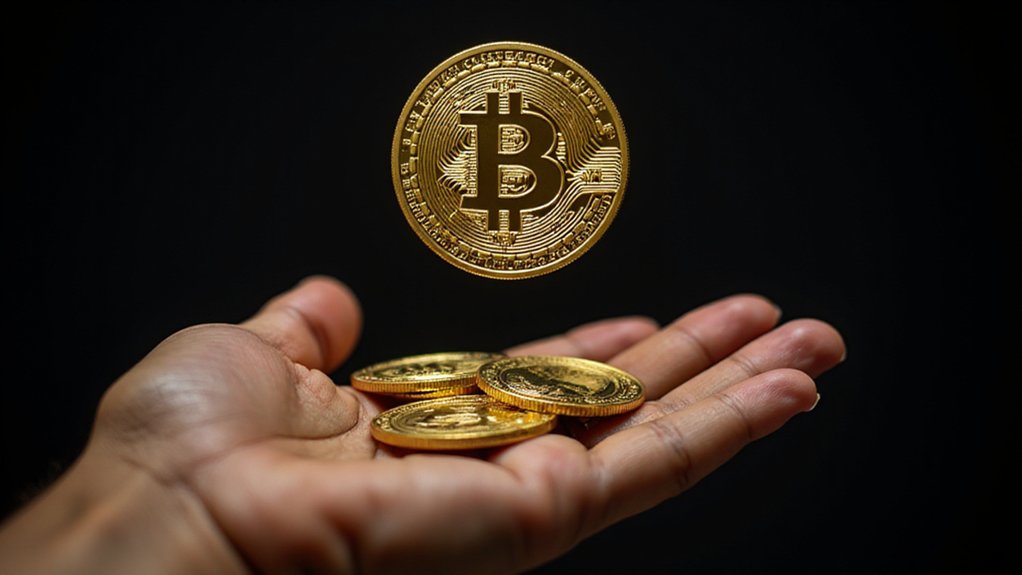Four of South Korea’s largest banks—Shinhan, Woori, KEB Hana, and KB Kookmin—have quietly assembled dedicated digital asset teams, a development that would have seemed as likely as kimchi at a French state dinner just a few years ago when Seoul’s financial establishment viewed cryptocurrency with the enthusiasm typically reserved for tax audits.
Woori Bank’s creation of a Digital Asset Team under its New Business Alliance Platform Department exemplifies this institutional pivot, tasked with developing strategic crypto services that range from stablecoin issuance to custody solutions. The timing proves fortuitous (or perhaps calculated), coinciding with the July 2024 enforcement of the Virtual Asset User Protection Act—legislation that transforms crypto from regulatory purgatory into a clearly defined, if heavily supervised, business opportunity.
President Lee Jae-myung’s administration has embraced what industry observers call a “pro-crypto” stance, enabling banks to legally issue stablecoins and develop custody services within frameworks that would make compliance officers weep tears of joy. The Financial Services Commission and Financial Supervisory Service have responded by drafting thorough crypto lending guidelines, because apparently someone decided traditional banking wasn’t sufficiently complex.
Traditional banking apparently needed more complexity, so regulators graciously delivered crypto lending guidelines with characteristic bureaucratic thoroughness.
These regulatory shifts have released a torrent of innovation, with banks planning launches of crypto wallets, custody platforms, and blockchain-based payment solutions throughout 2025. Shinhan and KB Kookmin lead institutional and retail client initiatives, while Woori resurrects previously shelved crypto projects—a corporate equivalent of archaeological excavation, but with potentially higher returns.
The formation of banking consortia for stablecoin development suggests institutions recognize the absurdity of competing individually in markets they barely understood eighteen months ago. Strategic partnerships with blockchain startups and crypto exchanges reflect pragmatic acknowledgment that traditional banking expertise requires significant supplementation in digital asset territories.
Rising retail and institutional demand drives this transformation, compelling banks to view crypto engagement as existential necessity rather than speculative luxury. Anti-money laundering compliance and enhanced investor protections form operational cornerstones, because regulatory authorities apparently learned from previous crypto market adventures that resembled financial Wild West scenarios.
Banks now position themselves as regulated alternatives to existing exchanges, promising user-friendly services without the volatility-induced cardiac episodes that characterize typical crypto experiences. This development occurs as global stablecoin regulation evolves into what experts describe as a patchwork quilt, with jurisdictions like Switzerland and Singapore establishing comprehensive frameworks while others maintain inconsistent guidelines and varying approaches to digital asset oversight.








